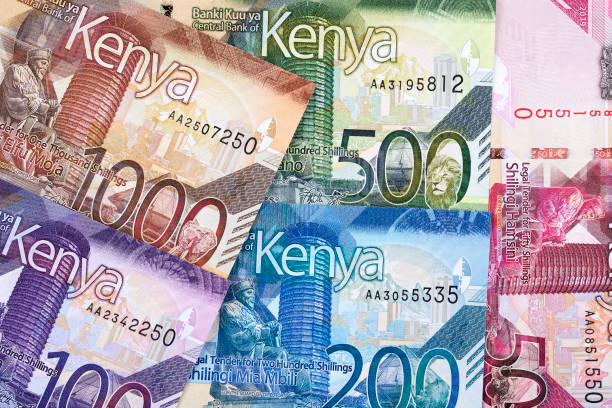Following a push back from the Chinese government on Kenyan’s application for a debt repayment holiday and despite repayment to other major bilateral creditors remaining low, Kenyan treasury documents revealed that $256.9 million have been paid to the Chinese government to ease a standoff over debt repayments that delayed disbursements to projects funded by Chinese loans. According to The East African, China is Kenya’s second-biggest foreign creditor, the first being the World Bank. China accounts for about one-third of Kenya’s 2021-22 external debt service costs. Accordingly, Kenya plans to spend a total of $1.04 billion on Chinese debt in the period, of which about $218.7 million is in interest payments and almost $823.4 million in redemptions.
Haron Sirima, the Director-General, Public Debt Management Office at the National Treasury, explained that the response to Kenya’s request for the G20 relief had been “positive”. The G20 countries, including Belgium, Canada, Denmark, France Germany, Italy, Japan, Republic of Korea, Spain, and the USA, rescheduled payments of $291.3 million in principal and interest due between January and June to the next four years with a one-year grace period. Even though China is a member of the G20, most of its loans to Kenya have been made on a commercial basis by government agencies, quasi-public corporations, and by state-owned banks such as China Development Bank and Exim Bank of China. China has sought to negotiate its debt relief deals separately but applying the same terms as the G20 countries while reserving the right on size and which loans will attract the moratorium.
A report by Reuters in March revealed that the terms of the agreement between and most developing countries are unusually secretive and require borrowers to prioritise repayment to Chinese state-owned banks ahead of other creditors. The report also confidentiality clauses that prevented borrowers from revealing the terms of the loans, and informal collateral arrangements that benefit Chinese lenders over other creditors, and promises to keep the debt out of collective restructurings.
